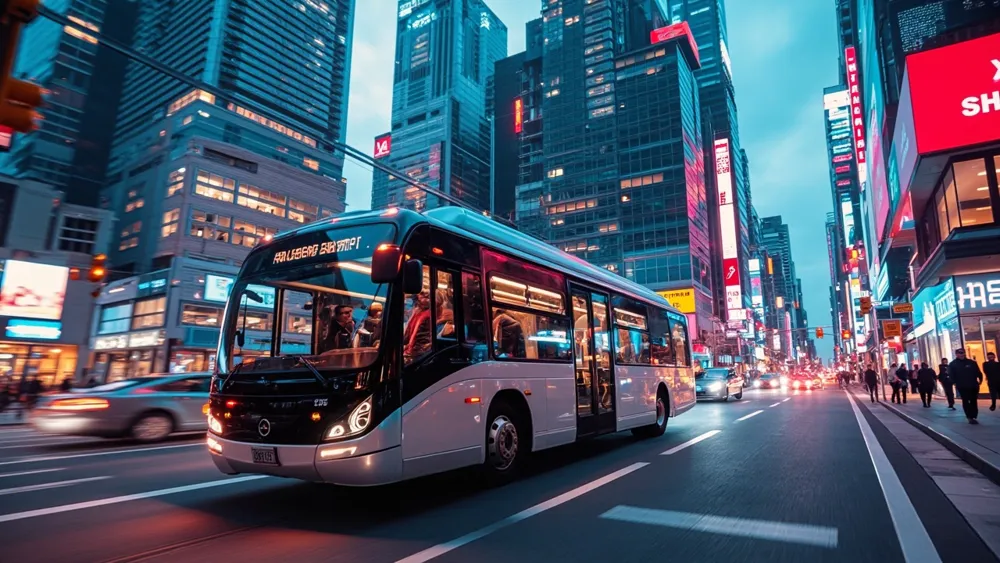Singapore's Autonomous Shuttle Buses Launching by 2025

Singapore’s announcement of launching autonomous shuttle buses by the end of 2025 is not just another tech development; it's a pivotal moment that illustrates the city-state’s ambition to integrate cutting-edge technology into its urban mobility framework. As cities worldwide grapple with population density and transportation inefficiencies, Singapore’s proactive approach highlights the intersection of innovation, sustainability, and societal needs.
This initiative, in collaboration with the autonomous driving company WeRide, showcases the broader trend of autonomous technologies reshaping public transport. These self-driving shuttles, particularly in the context of Singapore’s aging population and labor shortages, aim to create a more connected and sustainable transport system. The government plans to roll out the first of these shuttles in the Punggol area, with future expansions into other housing districts like Tengah. By integrating autonomous vehicles into the public transport system, Singapore not only seeks to enhance mobility but also addresses pressing urban challenges.
The significance of this development goes beyond local transportation. It reflects a global push towards smarter cities where AI and automation play crucial roles in everyday life. For instance, WeRide’s existing operations in Singapore, such as their autonomous sanitation vehicles and taxi services, demonstrate a successful model for integrating these technologies into urban settings. With cities worldwide exploring similar ventures, the Singaporean model could serve as a benchmark for others looking to adopt innovative transport solutions.
Ultimately, Singapore’s plan to deploy Robobuses marks a significant step in the global trend towards autonomous transport. As we witness the technological evolution of public transport, one has to ponder: how will societies adjust to these changes, and what will be the human cost of this automation on employment and daily life?
Read These Next

Spot Gold Continues Decline at Market Opening
Gold prices dipped below $3,250/oz, signaling weak demand; analysts warn of increased fluctuations amid geopolitical tensions.

AI's Role in Weather Forecasting: Benefits and Challenges
The intersection of artificial intelligence and weather forecasting is reshaping how meteorologists predict climate phenomena. With tech titans entering the fray, AI offers a promise of quicker and sometimes more accurate predictions, but traditional models still play a crucial role, especially for detailed and localized forecasts. Nothing can be taken for granted as we navigate the challenges posed by climate change.

Elon Musk Reveals Progress on Neuralink Brain Interface
Musk's Neuralink showed progress in brain-computer interfaces, enabling humans to control robots. Seven optimistic test subjects involved.
